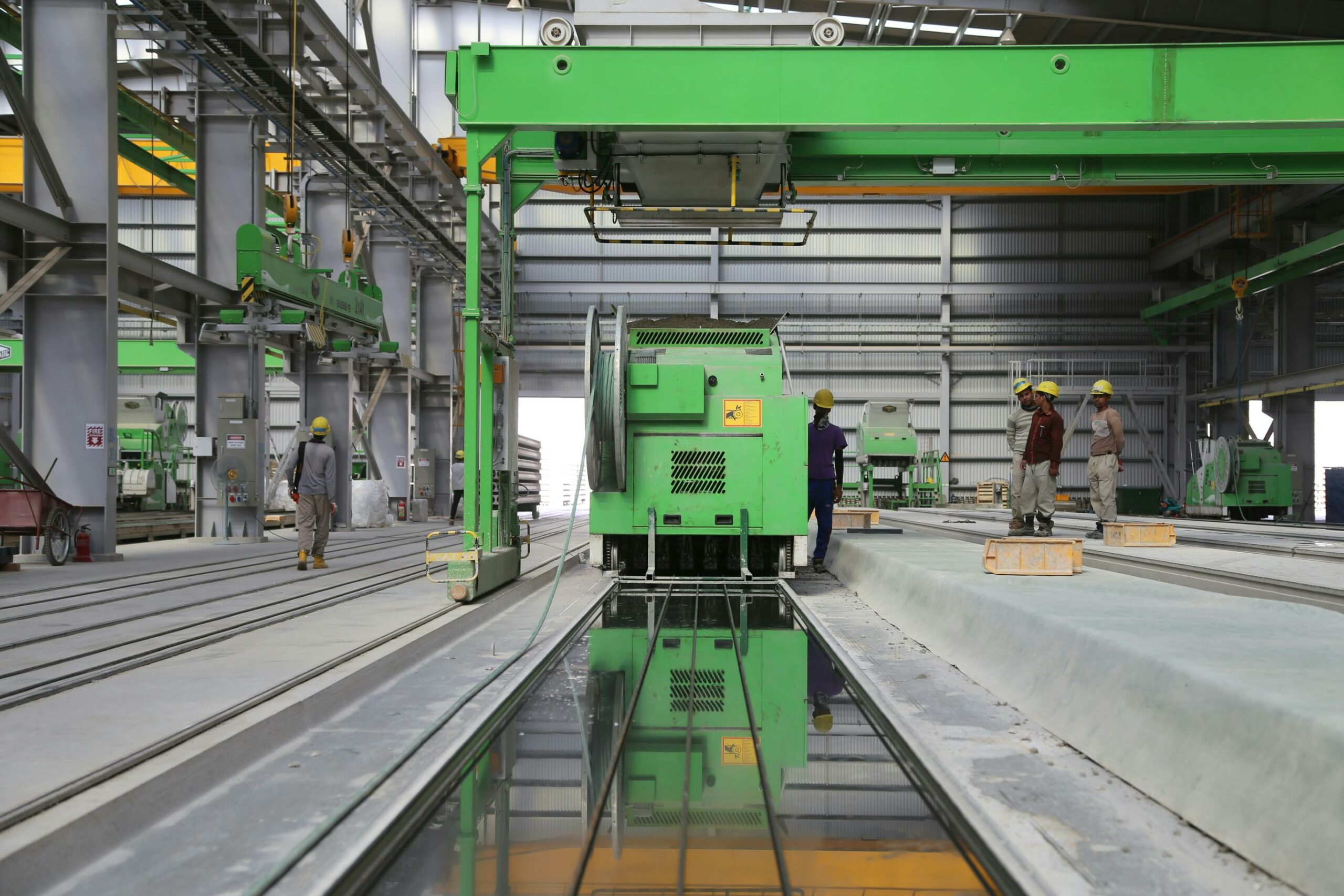In an increasingly interconnected world, businesses that operate in isolation face growing challenges. Ecosystem Thinking, a concept that has gained prominence in corporate strategy, emphasizes the importance of businesses integrating within broader networks—leveraging partnerships, industry collaborations, and technological advancements to create sustainable value.
A recent article from Reinforz BizMedia from Japan, “Transforming New Businesses with Ecosystem Thinking: The Core of Future Management”, offers an in-depth analysis of this approach. It outlines how companies can transition from traditional linear strategies to more adaptive, interconnected business models.
Key Insights from the Article
The article highlights several aspects of Ecosystem Thinking that are particularly relevant in today’s business environment:
- Beyond Competition – Businesses no longer thrive solely through competitive positioning; instead, collaboration with key stakeholders, suppliers, and industry partners is increasingly essential.
- Adaptability and Market Evolution – Traditional corporate structures often struggle to keep pace with industry shifts. Companies that integrate ecosystem strategies are better positioned to adapt to regulatory changes, technological advancements, and evolving consumer expectations.
- Innovation Through Networks – Open innovation and cross-industry collaboration provide new opportunities for growth. Companies that engage in partnerships with startups, research institutions, and supply chain stakeholders accelerate the development of new products and business models.
These insights align with the structural changes happening across industries, particularly in Europe, where regulatory and market shifts are driving companies toward more sustainable and interconnected business models.
Ecosystem Thinking in a European Context
Several trends reinforce the relevance of Ecosystem Thinking in the European business landscape:
- Regulatory Shifts: The EU Green Deal and Corporate Sustainability Reporting Directive (CSRD) are placing greater emphasis on corporate accountability and sustainable business models. Companies need to align with wider industry networks to meet these evolving requirements.
- Sector-Wide Transformation: Industries such as renewable energy, manufacturing, and digital technology are becoming more integrated. Cross-sector partnerships and open innovation are playing a critical role in driving industrial progress.
- Investment and Risk Management: Institutional investors are prioritizing business models that demonstrate long-term resilience and ecosystem adaptability, rather than companies that operate in isolation.
The article explores how companies can navigate these structural shifts through strategic ecosystem integration, ensuring long-term business viability.
EcoGeniq’s Perspective on Ecosystem Strategy
At EcoGeniq, we work with businesses to design and implement ecosystem-based strategies, ensuring they remain agile and competitive in a changing global environment. Our work focuses on:
- Business Model Innovation – Helping companies transition from traditional corporate structures to adaptive, ecosystem-driven strategies.
- Strategic Growth & Market Positioning – Identifying opportunities within existing and emerging industry networks.
- Sustainability & Circular Economy Implementation – Developing business models that align with regulatory requirements and long-term sustainability goals.
The principles outlined in this article reflect many of the strategic priorities that forward-thinking companies are already adopting.
Conclusion
As business environments become increasingly complex, Ecosystem Thinking provides a structured approach to growth, innovation, and sustainability. The transition from linear, siloed strategies to integrated, network-driven business models is already shaping the future of multiple industries.
For companies exploring ecosystem-based strategies and industrial transformation, we invite you to connect with EcoGeniq to discuss how this approach can be effectively implemented for sustainable business success.

